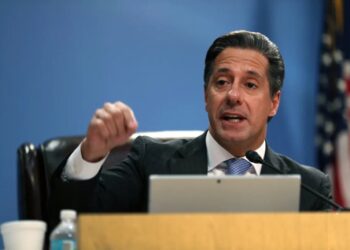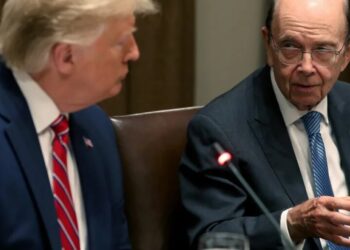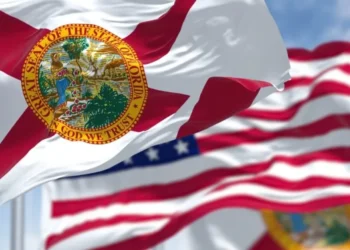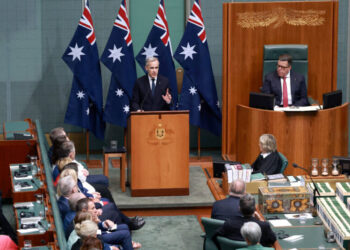Why progressives’ single-payer health care dream would bankrupt California
California progressives’ single-payer health care fever dream is back. This time, the cost could hit half a trillion dollars a...
Iranian bombers came within ‘two minutes’ of striking largest US base in Middle East before Qatari Air Force shot aircraft down: report
Iranian bombers came within two minutes of striking the largest base housing US troops in the Middle East before the...
Los Gatos ‘party mom’ who gave teens booze, pushed them to have sex faces lengthy jail sentence
A Northern California woman faces at least 30 years in prison after being convicted on 48 felony and misdemeanor charges...
SpaceX is poised to raise more money in its IPO than was raised in last year’s 90 IPOs, combined
It will be the mother of all IPOs. Last year notched a comeback for initial public offerings, and the resurgence...
The U.S. and Israeli War With Iran, Explained
The Middle East has been plunged into a new era of volatility after joint U.S.-Israeli strikes on Iran since Feb....
American consumers are the ultimate losers in the ‘immense mess’ that is $175 billion tariff refund, says Trump’s former commerce secretary
In the unlikely event any U.S. importers rubbed their hands together at the prospect of a tariff rebate this year,...
Republican officials caught using racist slurs, genocide fantasies in group chats: report
A newly revealed series of group chats obtained by The Floridian shows Republican officials in Miami fantasizing about genocide and...
Why Leopold Aschenbrenner’s AI hedge fund is betting big on power companies and bitcoin miners to fuel the ‘superintelligence’ race
When Fortune profiled Leopold Aschenbrenner in October 2025, the former OpenAI researcher—famously fired after roughly a year at the company—and...
Alex Jones declares Trump a sellout and distances himself from MAGA
Right-wing conspiracy theorist Alex Jones distanced himself from President Trump and the MAGA movement on Wednesday, criticizing the Iran military...
Dear Abby: My son says his grandmother is abusive and he feels unsafe
DEAR ABBY: I am reaching out as a single mother grappling with a serious heart-lung condition. My son’s father abandoned...














